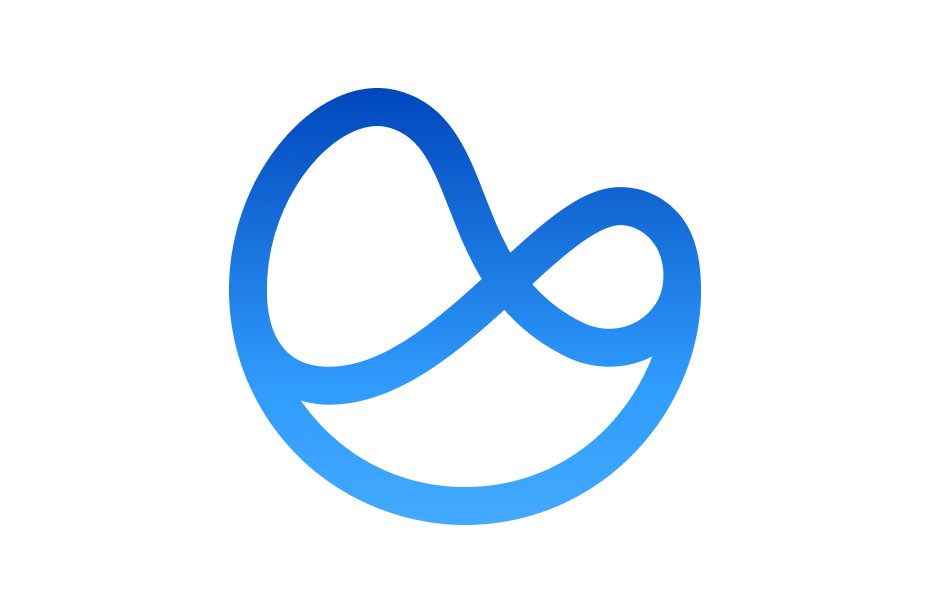Transforming Chronic Condition Management with Data: A Look into OSF Healthcare’s OnCall Advanced Care Program
The key to a successful population health management program lies in data. To move the needle on clinical outcomes and cost of care, data and clinical teams must partner to identify the highest-risk patients, develop targeted care plans, and efficiently allocate resources. OSF HealthCare’s OnCall Advanced Care Program embodies this purpose-driven approach.
With data as the cornerstone, OSF has formed a multi-disciplinary team dedicated to providing in-home treatment for patients with complex conditions such as hypertension, CHF, COPD, and diabetes. The Advanced Care team leverages data to optimize program design and operations, resulting in maximum impact on clinical outcomes and cost control.
About OSF
OSF HealthCare is a not-for-profit Catholic healthcare organization headquartered in Peoria, Illinois. OSF operates a medical group, hospital system, and other health care facilities in Illinois and Michigan.
The OSF OnCall Advanced Care Program
OSF OnCall is an expansive integrated digital health program delivering care to more than 400 patients. Their model leverages multiple digital intake channels that connect patients to the right digital programs, ranging from low to high touch and serving to establish a sustained connection to care.
The Advanced Care team is comprised of nurses, digital health navigators, clinical counsellors, a dietician, an e-pharmacist, and providers. Collaboratively, these practitioners deliver comprehensive, personalized care across a large geography and numerous clinical pathways, including CHF, COPD, and diabetes. While patients are enrolled in the program, the insights that drive care flow from the Current Health platform to the EHR.
“Through the Current Health platform, we’re able to track the clinical data points that are relevant for each patient and see how their condition is improving or deteriorating from day to day.”
Beth Wharton, Manager of Virtual Care Operations for OSF OnCall
Using Data for Proactive Patient Identification
At the program’s launch, the targeted patient population was identified by utilization within managed care contracts. However, through use of data analytics, OSF evolved this model to identify patients earlier in their care journey and provide more proactive, preventative care.
Rather than waiting for an exacerbation event or hospitalization to trigger identification of patients that need more support, the Advanced Care team worked closely with OSF’s data analytics team to build risk modellng and predictive analytics for patients who have one or more chronic condition.
The modeling structure ingests a combination of claims and clinical care data to then forecast an individual patient’s risk of producing high costs over the 12 months. The risk structure is tuned to and validated on each included payer population annually to ensure accuracy. In production, the models are run on payer-specific schedules with results flowing into an enterprise data warehouse (EDW) and then into Epic for use in operational clinical decision-making.
“Our proven advanced analytic capability well positions OSF OnCall Digital Health to not only identify high-risk candidates who could immediately benefit from engagement in remote monitoring services, but also predict and possibly prevent increase in risk to those with no, low or emerging risk profiles.”
Beth Wharton, Manager of Virtual Care Operations for OSF OnCall
Creating Integrated Data and Workflows to Enable Scale
The Advanced Care team relies on integrations between the Current Health platform and Epic for patient enrollment, discharge, and biometric data and survey responses.
“Maintaining Epic as the system of record was important for us, but we also needed the flexibility and responsiveness of Current Health’s real-time and personalized insights.”
Beth Wharton, Manager of Virtual Care Operations for OSF OnCall
Measuring Success: OSF OnCall Advanced Care Program Metrics
With a complex program model, measuring progress toward key metrics is vital to ensuring success. The metrics the Advanced Care team tracks spread across patient health, patient experience, utilization, and financial benefit.
- Patient Health: alarm frequency and disease-specific chronic condition metrics
- Patient Experience: patient satisfaction data and support calls
- Utilization: length of stay, adherence, and engagement
- Financial Benefit: overall spend, hospitalizations, and readmissions
The success of the Advanced Care program has paved the way for expansion plans across enhanced home care, modern OB expansion, and digital primary care.
With a rising need for proactive chronic disease care, the example set by teams like OSF OnCall serve as a new roadmap for improving population health outcomes and defining a more sustainable model of care.


![[Webinar Recording]This Way Home: Top 10 Predictions for Care at Home in 2025](https://www.currenthealth.com/wp-content/uploads/2025/01/DSG-846-JAN-WEBINAR-LINKEDIN-16_9-AD2-P2.jpg)